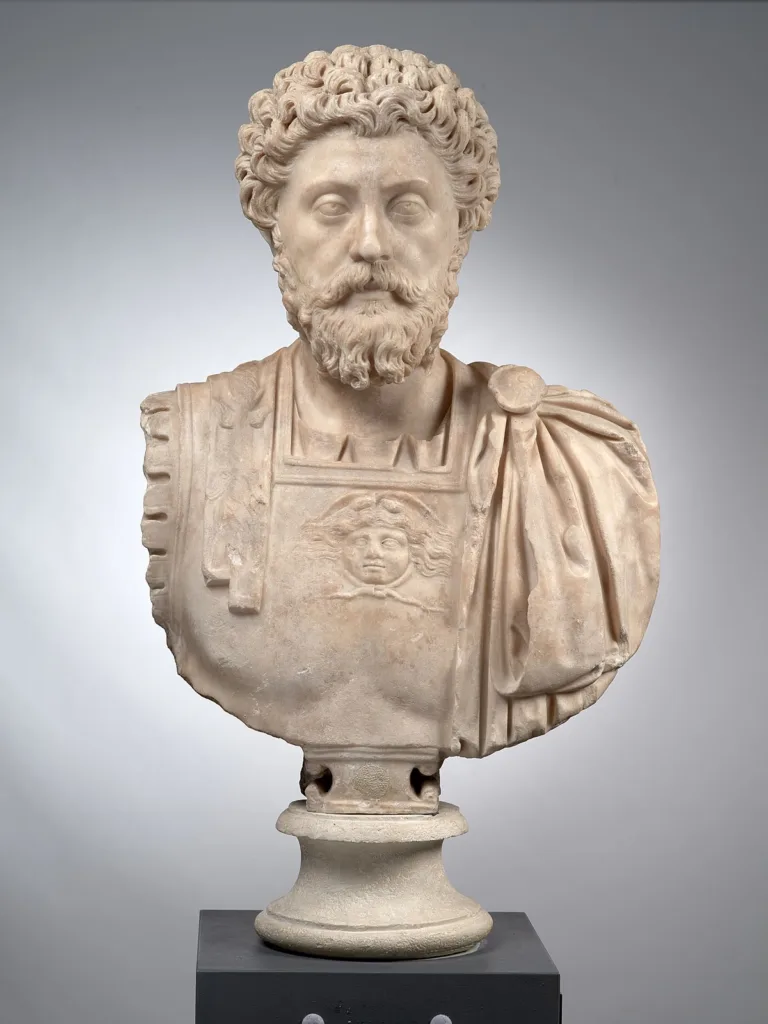Till Death Do Us Part?

Marriage. It is the sacred vow you make to another person that you are one with them and will stay with them forever. For almost all of human history, this was made by a man and a woman. Now, at least in some countries, it can be made by two men, or two women. The question of legitimacy of this is will not be debated here.
But however you look at it, marriage is essential to human societies. It is the bedrock of the family, which itself is the bedrock of the future. People need to grow up in stable homes. Two parent homes. Without marriage, how would this happen?
But this article isn’t about marriage as it relates to the building of societies. This article will focus on the philosophical nature of marriage. How far do these vows go? This will be made in the context of one believing in the concept of marriage, and of eternal life. Thus, it will go into how one would perceive marriage to go between two people beyond their Earthly lives.
And here is the question: Are married couples (ideally) supposed to be together even in the afterlife? One must understand that the afterlife is not simply a continuation of your existence and senses in perpetuity. The nature of your existence in the afterlife (assuming there is one) is not understandable or explainable by measures that we perceive in this life.
So even before answering this question, we understand that one’s existence in the afterlife would not equal a married couple living in a home and making dinner, in a way that we could see in our existence on Earth. But the crux of the question is; if marriage is the bonding between two souls, does that mean, ideally, that these two should would be together after dying? Something to think about.
Another thing to think about is, what happens if, in a happily married couple, the husband or the wife dies young? Not wanting to be alone for 60 years, the husband or wife gets remarried. And loves that person with as much intensity as their deceased former spouse.
After they die, how should the meeting of say the husband and his wife who died, and the new wife he married, exist in the afterlife? How could it be possible to truly love two separate spouses forever? As has been mentioned before, the nature of life after death is not one we can adequately explain, so the existence in the afterlife where it all makes sense might not be explainable to the mind in this life.
One final question concerns marrying someone you are fond of, but not the one. It must be that there is more than one person in the world who is truly right for you. Otherwise, the odds would say it is almost impossible for you to find the person you are truly and only in love with, in a world of 8 billion people.
Thus, it is very possible to marry someone who is not the absolute best person for you. So what if you marry someone who you are fond of, but who you don’t and can’t truly love as another person who you never met, but who you would be truly in love with had you? And what if the marriage situation was the same for that person?
In the afterlife, would you still be connected with the person you married in your earthly life, or would you be able to be with the person you were “truly meant for”? I must stress that these questions are all being made in the context of the idea of marriage being an unbreakable bond, and a religious element being axiomatic.
I am well aware that many people do not have this particular view of marriage. But for the thought experiment, I believe these are good questions to ask. What is the essential nature of marriage, love, eternity, and what happens in the reality of the afterlife (if there is one)?
I believe that logical reasoning can get us some answers to these questions. But maybe there will always be a part of this that we will never know until we get to the other side.


